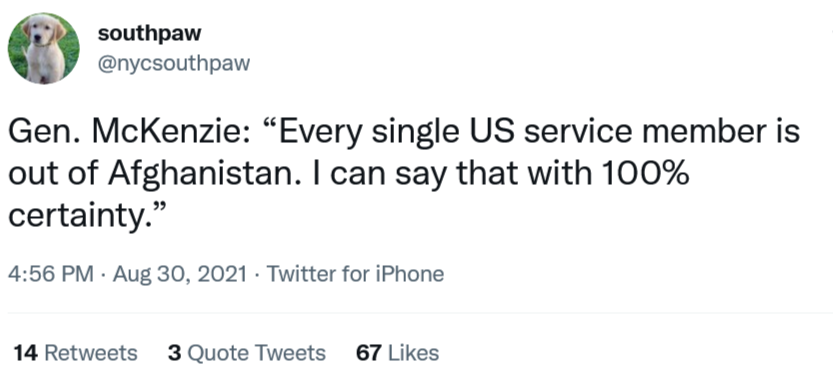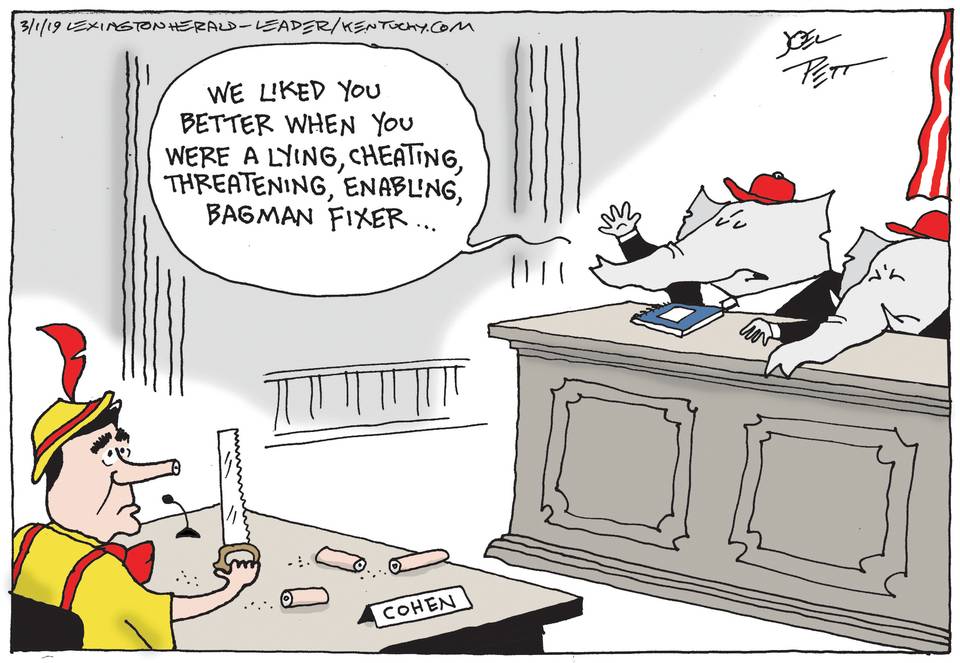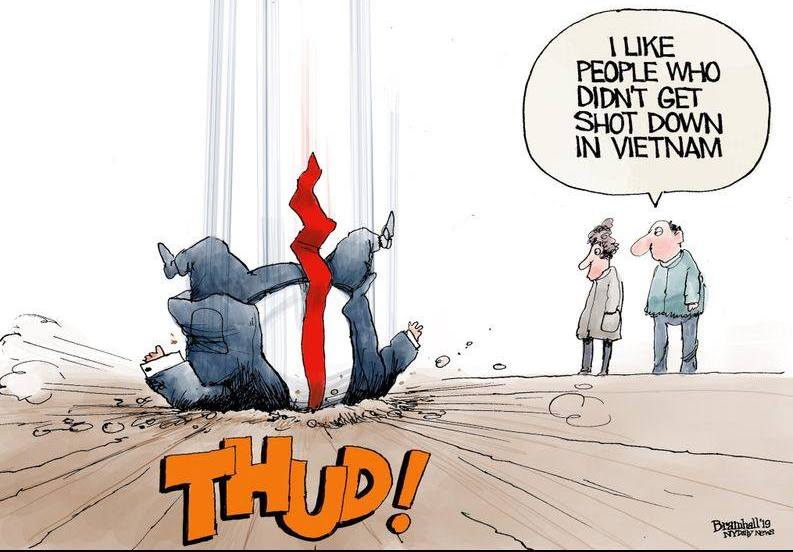The Daily Escape:

Sunrise, Head of the Meadow Beach, Truro, MA – February 2022 photo by Maia Gomory Germain
Today is Presidents Day. Originally we celebrated George Washington’s birthday on February 22, until it was moved to the third Monday in February in 1971. It later morphed into Presidents Day (with no apostrophe).
Each year, in honor of Washington, a US Senator reads Washington’s farewell address. The political Parties alternate in the reading. Last year, Republican Rob Portman of Ohio read the address. This year, Democrat Patrick Leahy of Vermont has the honor. He’ll do the reading on Feb. 28.
This part of Washington’s farewell address remains relevant today: (emphasis by Wrongo)
“The alternate domination of one faction over another, sharpened by the spirit of revenge, natural to party dissension, which in different ages and countries has perpetrated the most horrid enormities, is itself a frightful despotism. But this leads at length to a more formal and permanent despotism. The disorders and miseries which result gradually incline the minds of men to seek security and repose in the absolute power of an individual; and sooner or later the chief of some prevailing faction…turns this disposition to the purposes of his own elevation, on the ruins of public liberty.”
Words to live by.
Here’s another view on the Ukraine crisis. Foreign Affairs has an article, “What if Russia Wins?” The assumption in the US media is that Putin has little to gain by invading. Wrongo has said as much. But the Foreign Affairs article says that if Putin succeeds, he stands to gain a lot by weakening NATO and also the US.
The authors remind us that in 2015, after Russia joined the Syrian civil war, then-President Obama said that Syria would become a “quagmire”, that Syria would be Russia’s Vietnam or Putin’s Afghanistan, a mistake that would cost Russia dearly.
Syria wasn’t a quagmire for Putin. Russia changed the course of the civil war. It then translated its military force into diplomatic leverage. Russia kept its costs and casualties sustainable, and today, it can’t be ignored in the Middle East.
Obama failed to anticipate the possibility that Russia’s intervention would succeed.
Once again, most analysts are warning of dire consequences for Russia if they invade. All of our cost-benefit analyses say that the price of full-scale war in Ukraine would be very high, including significant bloodshed. The thinking is that war and the escalation of western sanctions would undermine Putin’s support among the Russian elite, endanger Russia’s economy and alienate the Russian public.
At the same time, it could leave Russia fighting a Ukrainian resistance for years. According to this view, Russia would be trapped in a disaster of its own making.
So why would Russia invade now? From Foreign Affairs:
“Putin’s cost-benefit analysis seems to favor upending the European status quo. The Russian leadership is taking on more risks…Putin is on a historic mission to solidify Russia’s leverage in Ukraine (as he has recently in Belarus and Kazakhstan). And as Moscow sees it, a victory in Ukraine might well be within reach.”
Russia could just continue the current crisis without invading, but if Putin’s calculus is right, as it was in Syria, then the US and Europe need to think through that eventuality. Putin may conclude that political dissension in America gives him a decided advantage, along with an opportunity to remake the map in Eastern Europe, where Ukraine is second only to Russia in size.
If Russia gains control of Ukraine, Western Europe and the US enter a new geopolitical era. They’d face the challenge of rethinking European security while trying to avoid being drawn into a war with Russia. Overhanging that is the possibility of nuclear-armed adversaries in direct confrontation.
The two goals of a robust defense of Europe, but one that also avoids military escalation with Russia, aren’t fully compatible. The US could wake up to find ourselves unprepared for the task of having to create a new European security order after Russia controls Ukraine.
Invading Ukraine would also put enormous pressure on American democracy and national cohesion. Biden would go into the midterms with two extraordinarily difficult-to-justify foreign policy disasters — the Afghanistan withdrawal and Putin’s win in Ukraine.
Biden’s defenders would argue that both had complex causes and weren’t really solely Biden’s doing. But what the average American would see, even before the eventual Republican chicken hawk posturing, will be that America’s diminished effectiveness and power occurred on Biden’s watch. Biden will be blamed, and Putin might then help get his old buddy, the easily manipulated, NATO-hating Trump, back in power.
If Putin succeeds, the potential consequences in the US are great, and they would be a boon to Russia.
Time to wake up America! If/when the sanctions don’t work, we’re probably bringing back the Cold War under a new Republican administration. To help you wake up, watch Playing For Change’s cover of Led Zeppelin’s “When the Levee Breaks”, about the Great Mississippi Flood of 1927, the most destructive river flooding in US history.
Here, original band member John Paul Jones is accompanied by Stephen Perkins of Jane’s Addiction, Susan Tedeschi, Derek Trucks and 20 other musicians from seven different countries:

 Winter in the Palouse, near the town of Oakesdale, WA – January 2022 photo by
Winter in the Palouse, near the town of Oakesdale, WA – January 2022 photo by 














